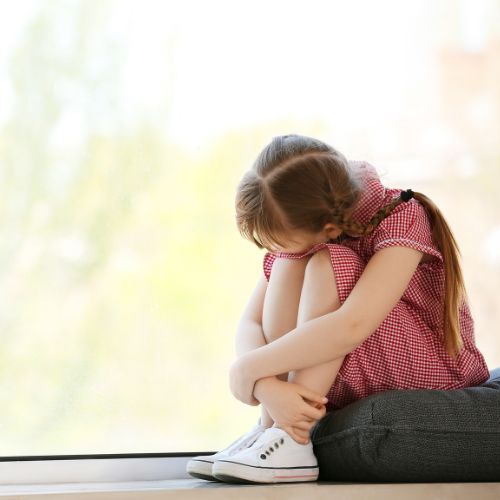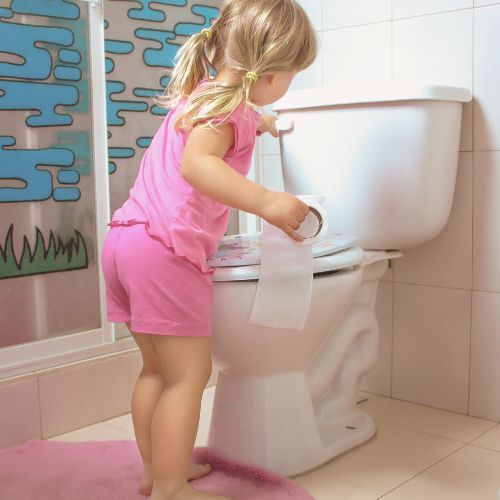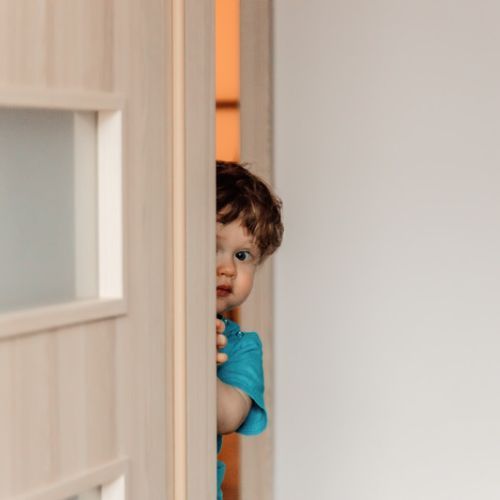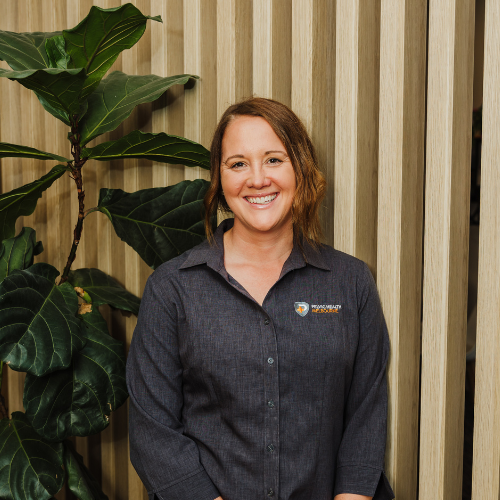
This can cause significant embarrassment for children who are sometimes bullied or made fun of and can be both frustrating and distressing for families to manage. We are here to help.
Poo accidents?
Bowel soiling most commonly occurs due to constipation, where a solid poo is stuck somewhere in your child's bowel and the softer stool pushes past this hard lump making their soiling grainy or clay-like. Soiling is not something your child can control, usually, they have lost all feeling and they truly cannot feel the accidents.
Signs and symptoms?
- Is your child refusing to sit on the toilet?
- Is your child too distracted/busy to go to the toilet?
- Has your child had an experience of painful poo so is anxious to pass a poo?
- Is your child having frequent accidents (soiling) without realising it?
- Does your child suffer from chronic constipation?
Contributing factors?
- Fear and anxiety around going to the toilet
- An experience of a painful poo
- Sensory changes meaning they cannot feel or identify the signs that they need to go
- They hold on due to not wanting to interrupt the activity that they are doing
- Poor diet and inadequate fluids don't help but they are NOT the main cause of this problem.
How you can help your child?
As for constipation, try some of these suggestions:
- Encourage your child to sit on the toilet regularly throughout the day for a few minutes after each meal
- Or, if your child soils on the way home from school - common - take them before you head home
- Give your child praise for sitting on the toilet, even if they don’t poo
- Use age-appropriate rewards, stickers, star charts or other options to reinforce good toilet habits
- Provide plenty of fresh fruit and vegetables in their diet for fibre and adequate water - if you can!
- Don't forget to speak to your pharmacist about stool softeners that are right for your child
How we can help?
Physiotherapy help with kids accidents (soiling or faecal incontinence)?
Our physiotherapists will assess your child and then provide an individualised treatments plan that may include:
- Using real-time Ultrasound to assess your child's bowel
- Teaching you how to identify if your child is getting backed up or bloated
- Use play and activities with your child to teach them how to effectively sit on the toilet and push
- Working together to optimise your bathroom/toilet set-up for those who refuse to go into the toilet
- Working with children who have sensory triggers which may make toileting more difficult and toilet refusal a trauma for all
- Toilet training advice, for those embarking on the process of toilet training your child
- Whilst soiling for your child can be stressful for the whole family is it usually something that is very simple to fix
Related Blogs


More Information
Find out more information










